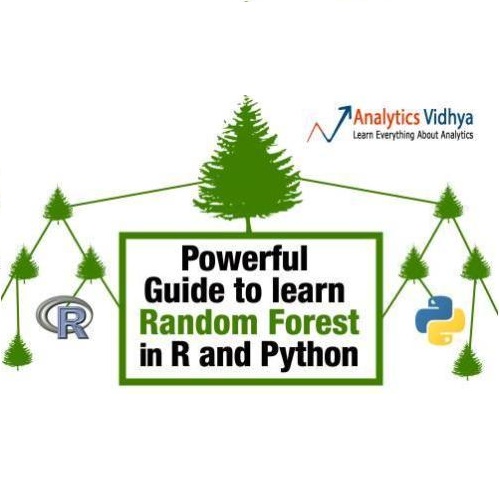It has been postulated and observed in practice that for prediction problems in which covariate data can be naturally partitioned into clusters, ensembling algorithms based on suitably aggregating models trained on individual clusters often perform substantially better than methods that ignore the clustering structure in the data. In this paper, we provide theoretical support to these empirical observations by asymptotically analyzing linear least squares and random forest regressions under a linear model. Our main results demonstrate that the benefit of ensembling compared to training a single model on the entire data, often termed 'merging', might depend on the underlying bias and variance interplay of the individual predictors to be aggregated. In particular, under both fixed and high dimensional linear models, we show that merging is asymptotically superior to optimal ensembling techniques for linear least squares regression due to the unbiased nature of least squares prediction. In contrast, for random forest regression under fixed dimensional linear models, our bounds imply a strict benefit of ensembling over merging. Finally, we also present numerical experiments to verify the validity of our asymptotic results across different situations.
翻译:人们假设并在实践中观察到,对于可以自然地将共变数据分成组群的预测问题,基于对单个组群所训练的适当集成模型的混合算法往往比忽略数据组群结构的方法效果要好得多。在本文中,我们通过对线性模型下的线性最小方和随机森林回归进行不折不扣的分析,为这些经验性观测提供理论支持。我们的主要结果显示,与整个数据(通常称为“合并”)的单一模型培训相比,合并的好处可能取决于个别预测器的内在偏差和差异相互作用。特别是,在固定和高维线性线性模型下,我们显示,由于最小方形预测的公正性,合并对于线性最小方形回归的最佳混合技术而言,相互合并在瞬间优于最佳的混合技术。相比之下,对于固定线性线性模型下的随机森林回归,我们的界限意味着对合并的严格好处。最后,我们还进行数字实验,以核实不同情况下我们无干扰结果的有效性。




